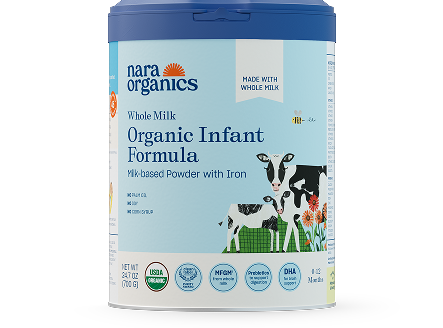When you have a newborn, burping becomes a daily part of your life. Read on for the why and the how.
Why do babies need to burp?
Burping can be an important part of your baby’s feeding regimen. Babies have immature digestive systems, which means they may sometimes need some help releasing gas. Some recommend burping your baby halfway through a feeding, then again after their feeding is finished, both for bottle and breast feedings. If air isn’t released, gas can move into the intestines, which can cause bloating and discomfort.
Most babies will outgrow the need to be burped by 4-6 months.1 (Note to future self: Burping will come back in a big way from 3rd to 6th grade.)
Some helpful burp positions
Sometimes babies pause feeding just to burp, which is great! If your baby needs a little extra help, the positions shown can encourage a good burp.2,3 Sounds silly but sometimes babies just need a bit of relaxation to work up the burp.
Remember, always use a burp cloth in case a little spit up follows!

Over your shoulder: Hold your baby so their chin is resting on your shoulder; support their head and shoulders with one hand. Gently rub and pat your baby’s back.

Sitting on your lap: Place your baby on your lap and the palm of your hand flat against their chest supporting their chin and jaw (be careful not to place pressure on their throat). Your baby will lean slightly forward while you use your free hand to pat your baby’s back.

Lying across your lap: Lie your baby across your lap face down. Support your baby’s chin and use your free hand to rub their back.
Talk to your pediatrician
If you have questions about feeding your baby, your pediatrician is your best resource. They can help you understand the nutritional needs of your growing baby and guide you toward the best feeding choices for your family.




